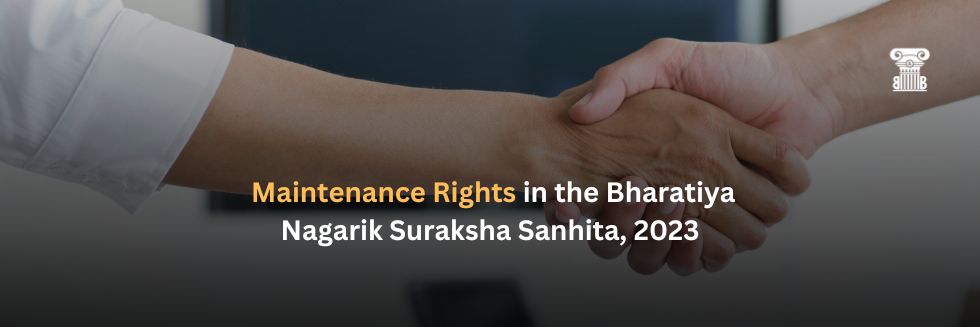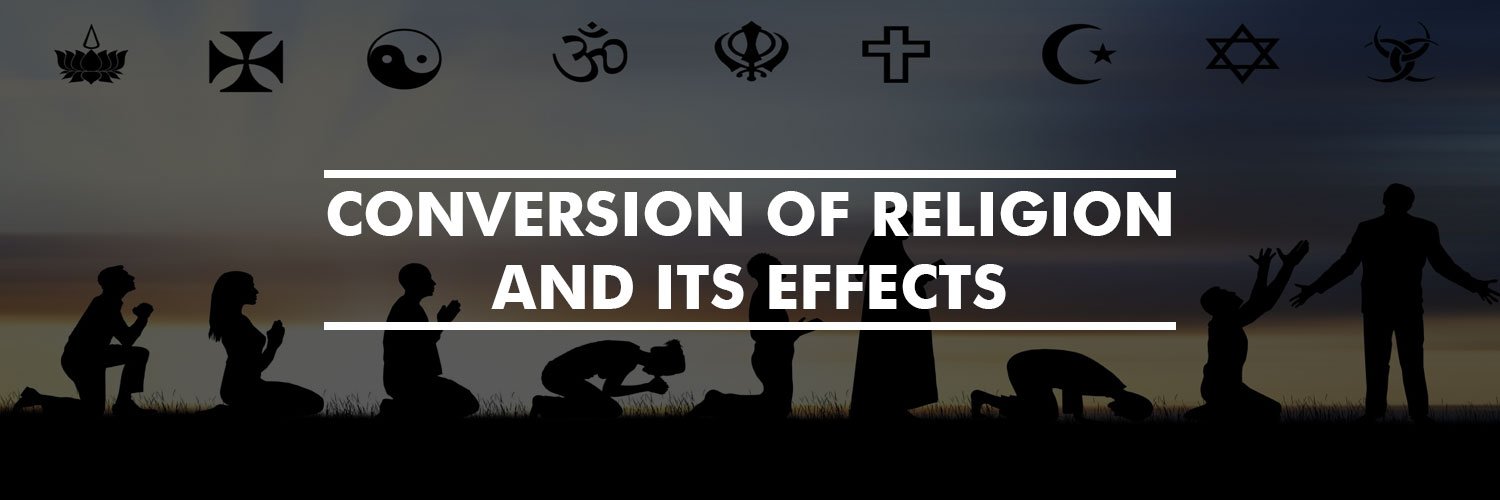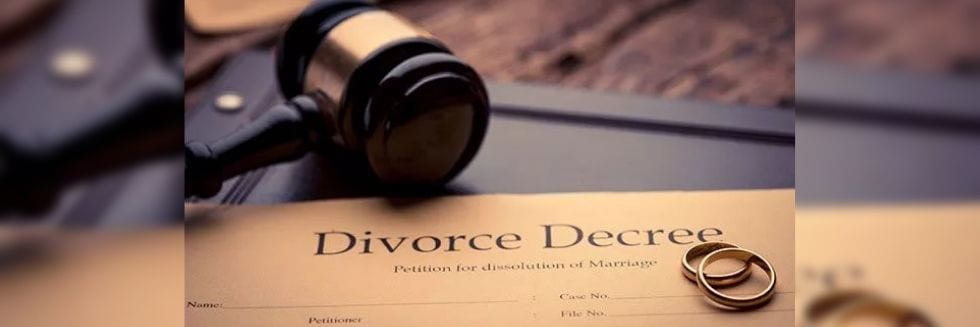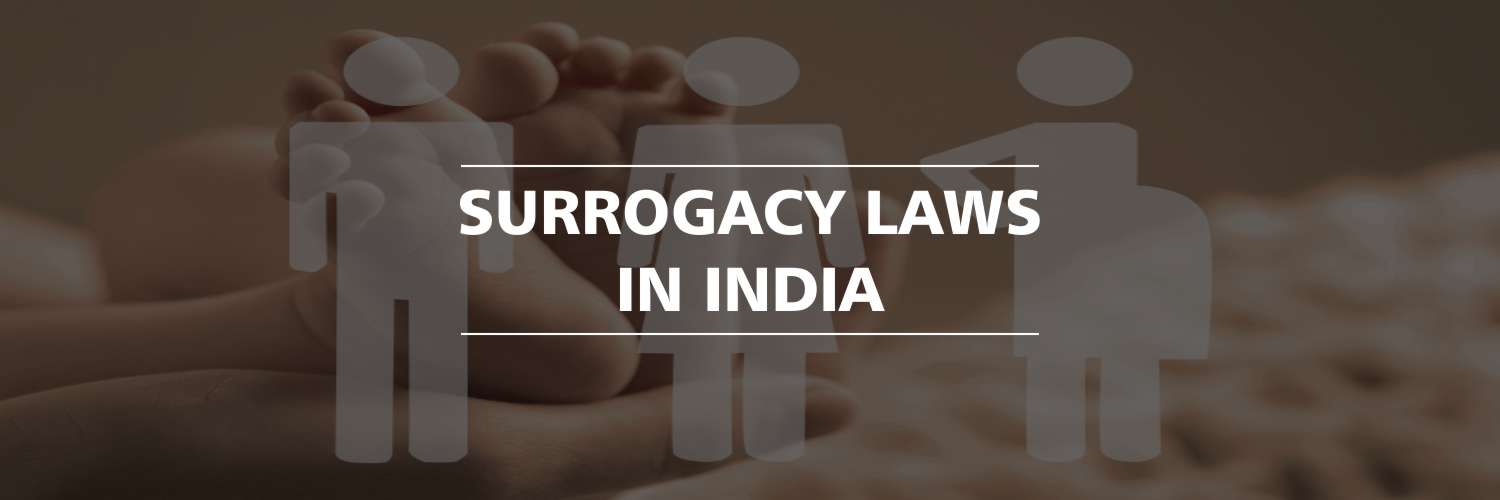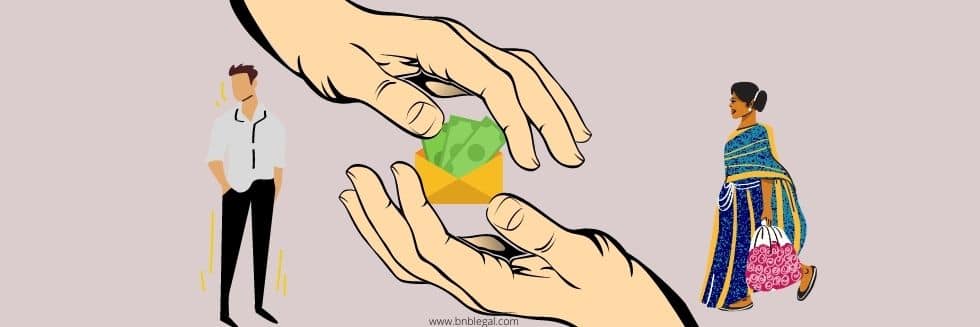Maintenance refers to financial support for a person to sustain and avail basic amenities of life like food, clothing, shelter, etc. There is no fixed amount for maintenance. The court determines it after considering certain factors like the needs of the dependent and the means of the person required to provide maintenance. It may be paid every month or in a lump sum at once.
Section 3(b) of the Hindu Adoption and Maintenance Act, 1956 defines maintenance as:
- In all cases, provision for food, clothing, residence, education medical attendance and treatment,
- In the case of an unmarried daughter, also the reasonable expenses of an incident to her marriage.
Section 144 of the Bharatiya Nagarik Suraksha Sanhita, 2023
BNSS is India’s primary legislation on the procedure for administering substantive criminal law. Section 144 of BNSS (earlier Section 125 CrPC) deals with the order for the maintenance of wives, children and parents irrespective of religion. The purpose of this section is to safeguard people who depend on others for their maintenance and cannot support themselves. This provision is gender-neutral and can be invoked by the husband if he is the dependent in the relationship. The provision also applies to all persons, irrespective of their religious identity. The provision also provides for the payment of interim maintenance during the pendency of the case, which ensures that the dependent is not left without support, even during the legal proceedings.
Essential conditions for maintenance under Section 144 of BNSS
- CAPACITY: To provide maintenance under this section, the primary essential is that the person from whom maintenance is claimed should have sufficient means for doing so, and the person claiming maintenance should be incapable of maintaining himself or herself. The burden of proving that one cannot maintain oneself is on the dependent, and the person from whom maintenance is claimed has the burden of proving otherwise.
- NEGLECT: According to this section, a capable person cannot deny maintenance to their wife, children, and parents in case they cannot support or maintain themselves. So, to claim maintenance, one has to prove that the person from whom maintenance is claimed refuses the same.
Section 144 of BNSS provides that when any person neglects to maintain his wife, children or parents, maintenance can be claimed by applying a Judicial Magistrate of first class. Upon proof of this essential condition being fulfilled, the Magistrate may order payment of monthly allowance at such fixed rate as the Magistrate thinks fit and to such person as the Magistrate may direct from time to time. The Magistrate also has the power to alter the said amount, if he thinks fit, in case of a change in the circumstances of the person who has been paying or receiving maintenance.
Maintenance to Wife:
Section 144(1)(a) lays down the law for maintaining one’s wife. Explanation (b) of this section defines “wife” as a woman who has been divorced by, or has obtained a divorce from, her husband and has not remarried. This broad definition aims to safeguard women and prevent husbands from making easy divorces under personal law.
So, as per this section, even an ex-wife is entitled to claim maintenance from her husband. However, there are certain exceptions to the wife’s right to claim maintenance. A wife cannot claim maintenance if:
- She is living in adultery.
- She has been living separately from her husband without sufficient reason. Suppose the husband offers to maintain his wife on condition of her living with him and she refuses to do the same. In that case, the magistrate may consider her grounds for such refusal and make an order notwithstanding the husband’s offer if he is satisfied that there is just ground for doing so. If a husband contracts marriage with another woman or keeps a mistress, it is considered to be just grounds for his wife’s refusal to live with him.
- both spouses are living separately by mutual consent.
If the wife remarries after the declaration of divorce, she also loses her right to be maintained by her former husband. The husband has a legal obligation to provide for his wife’s maintenance, but apart from making sure that the husband has sufficient means to provide maintenance to the wife, the court also needs to determine whether the wife is capable of maintaining herself after separation.
The judicial magistrate also has the power to cancel an order made under this section in case of proof of the wife in whose favour an order has been made under this section living in adultery or refusing to live with her husband without any sufficient cause or the prove of the couple living separately by mutual consent.
Maintenance of Children:
Section 144(1)(b) and (c) lays down the law for the maintenance of one’s children. Explanation (a) of this section defines “minor” as a person who, under the provisions of the Indian Majority Act of 1875, is deemed not to have attained his majority, i.e. the age of 18 years.
Section 144(1)(b) entitles all minor children, whether legitimate, illegitimate, married or unmarried, to maintenance from their parents.
Section 144(1)(c) entitles a legitimate or illegitimate major child (not being a married daughter) to maintenance where he or she is unable to maintain himself or herself because of mental or physical abnormality or injury.
The Judicial Magistrate may order the father of a married minor female child referred to in Section 144(1)(b) to make such allowance until she attains her majority if he is satisfied that the husband of such minor does not possess sufficient means to maintain her.
Maintenance of Parents:
This section also entitles both father and mother to claim maintenance from their children. This provision is particularly significant for aged persons because most do not have a source of income after retirement or after attaining a certain age. In case of more than one child, parents may seek this remedy against anyone, including a married daughter, as Indian society casts a duty on the children to maintain the parents, and this social obligation equally applies to a daughter.
Landmark cases on Section 125 CrPC (now Section 144 BNSS, 2023)
Two most landmark judgements related to Maintenance Under Section 125 CrPC (now Section 144 BNSS, 2023) are:
- Mohd. Ahmed Khan v. Shah Bano Begum[1]:
In this case, the Supreme Court recognised the right of Muslim women to maintenance after the Iddat period since personal laws cannot supersede CrPC (now BNSS), which is applied to all citizens regardless of their faith, and laid down that a divorced Muslim woman who is not capable of maintaining herself is entitled to maintenance from her former husband until she gets remarried.
This judgement was highly criticized, and the Muslim Women (Protection of Rights on Divorce) Act of 1986 came as a consequence to nullify this judgement.
- Daniel Latifi v. Union of India[2]
The constitutional validity of the said Act was questioned in this case. The Supreme Court, while upholding the Act, ruled that reasonable and fair provisions include provision for the future of the divorced wife (including maintenance), and it does not confine itself to the iddat period only. This judgment is the final case law in this regard till now.
Significance:
The provision has been formulated to ensure that people who cannot sustain themselves live a dignified life with the support of the person they are dependent upon. It is gender-neutral and secular and, unlike personal laws, includes not just spouses but also children (even illegitimate children) and parents within its ambit. Another positive aspect is that it provides for the payment of interim maintenance, considers the financial condition of the person who has to be made accountable for paying maintenance and even looks into whether the other person is independent and can sustain on their own.
In conclusion, the provision for maintenance under BNSS is very progressive and is a testament to our legal system’s commitment to social welfare.
__________________________________________________________________________________________________________________________
[1] Mohd. Ahmed Khan v. Shah Bano Begum, 1985 AIR 945.
[2] Daniel Latifi v. Union of India, 2007(3) SCC(Cri) 266.
__________________________________________________________________________________________________________________________
This article is written and submitted by Shagun Sood during her course of internship at B&B Associates LLP. Shagun is a 3rd-year BA LL.B(hons.) student from HPNLU, Shimla.
